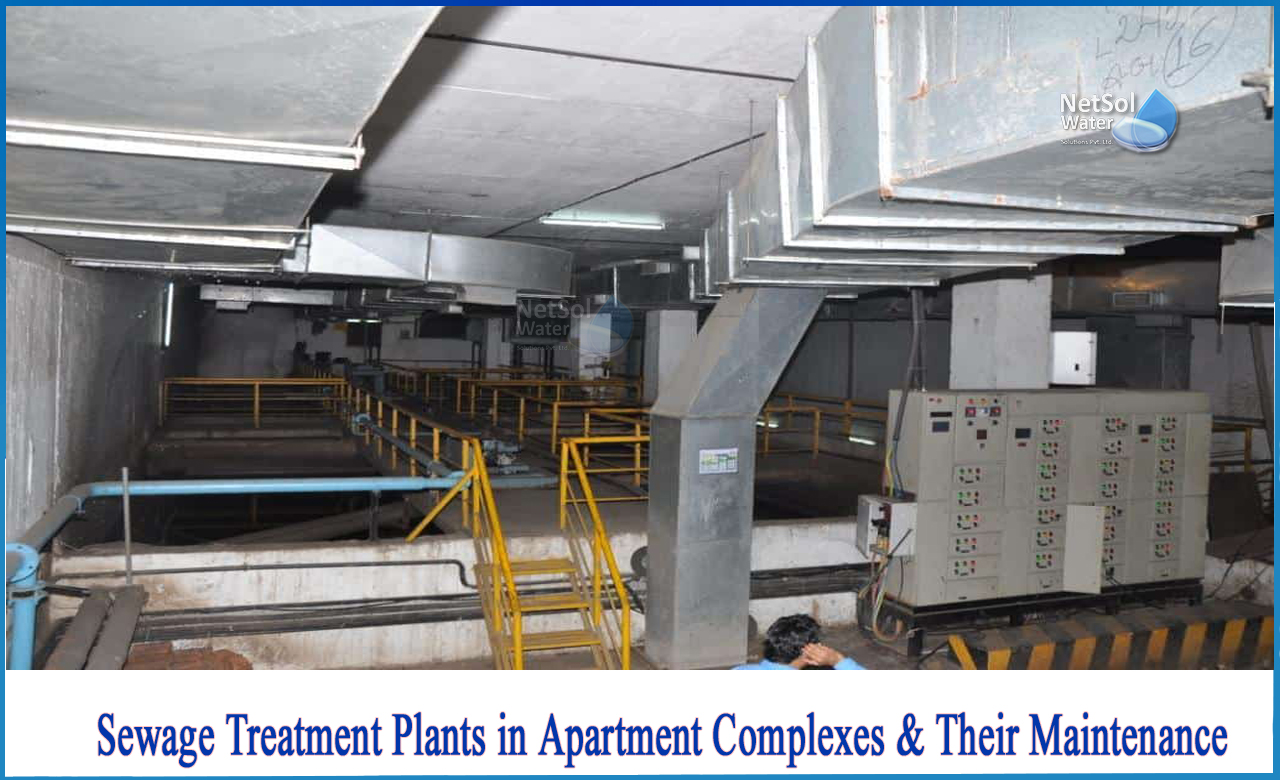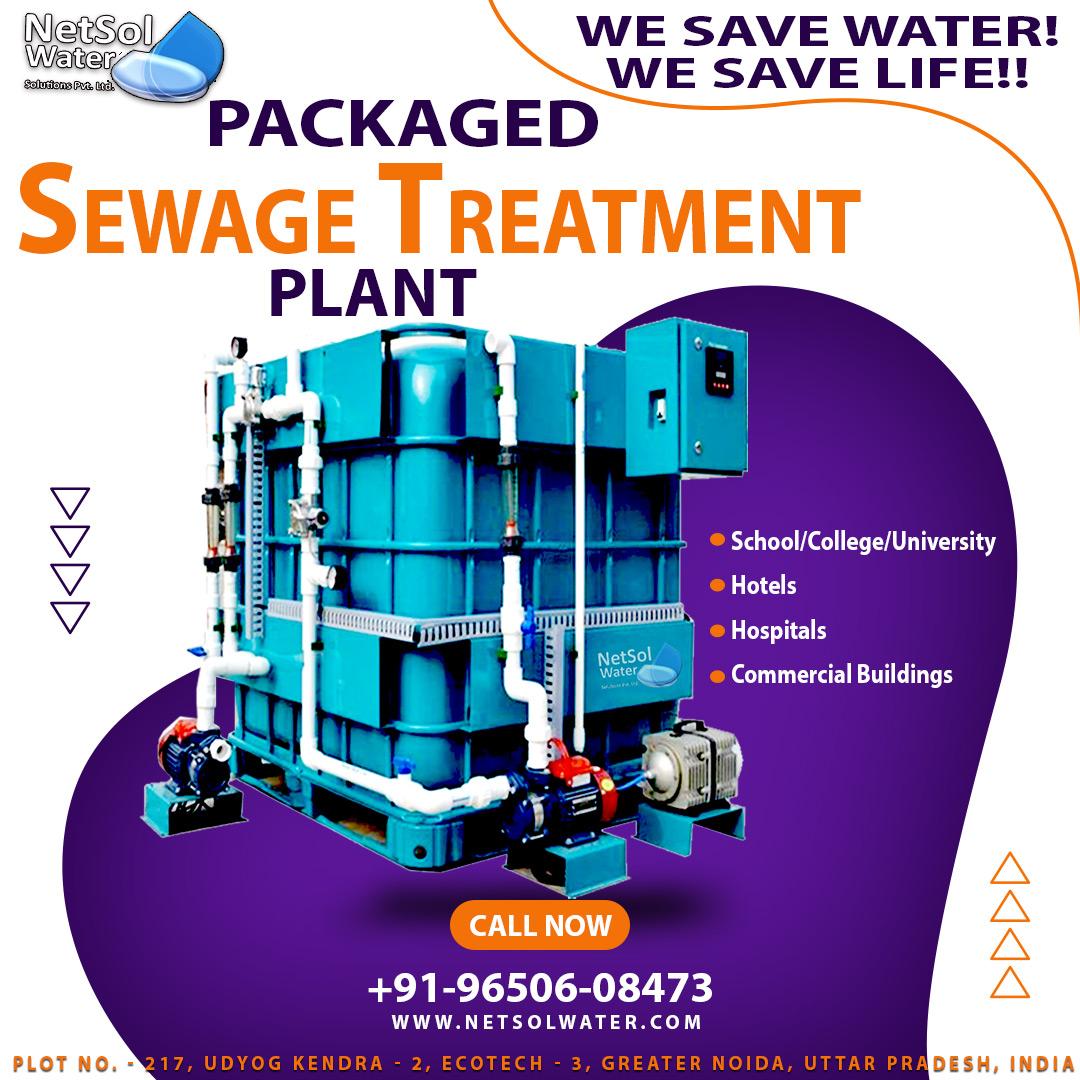The majority of modern apartment complexes have their own sewage treatment plants (STP). With the advancement of water treatment technology, any sewage treatment plant chosen after a thorough examination of its design and workflow mechanism is likely to benefit the housing complex by providing a long-term water treatment solution. Certain parameters, however, must be addressed on a regular basis in order to prevent STPs from malfunctioning.
What exactly is sewage treatment, and why is it necessary?
Sewage or wastewater is generally defined as wastewater discharged from domestic premises such as residences, institutions, and commercial establishments. Waste liquid from toilets, baths, showers, kitchens, and sinks draining into sewers is included. The process of removing contaminants, microorganisms, and other types of pollutants from wastewater, primarily from household sewage, is referred to as sewage treatment. Physical, chemical, and biological methods are used in sewage treatment to remove contaminants and produce environmentally safe treated wastewater that can be reused.
However, liquid and solid wastes generated by human settlements and industrial activities pollute the majority of the world's water bodies. Because of the current trends in urban development, sewage treatment deserves more attention. Its goal is to produce effluent suitable for discharge or release back into the environment. The primary function of a sewage treatment system or sewage treatment plant is to transport wastewater from its point of origin to a treatment facility or disposal site.
Let us look at some of the key steps in successfully regulating and maintaining STP over time:
1-Builder or RWA has the right to maintain the STP
Before delving into the specifics of STP maintenance, it is critical to understand the roles of the builder and the resident welfare association or housing society in the handling and maintenance of the STP.In general, until the apartment complex is completed and transferred to the underlying Residents Welfare Society, the builder is responsible for the maintenance and upkeep of any sewage treatment plants.
The RWA must ensure that the STP transfer protocol is detailed. As a new trend, a number of builders have been maintaining the STPs of apartment complexes even after the underlying project has been completed. So, before delving into STP maintenance, it is critical to understand who is in charge of the STP's day-to-day operation and upkeep. Once the STP has been transferred, the builder is only responsible for the maintenance outlined in the transfer agreement, with day-to-day maintenance delegated to the RWA.
2-Pay annual CFO fee on time
Apartment associations must pay an annual fee to the respective municipal corporations to renew their CFO (Consent for Operation) for STPs. The CFO can be extended for three to five years after the STP has been checked and verified for operational compliance by the municipal corporation. Poorly maintained STPs are usually only given one-year extensions. Paying CFO on time if the STP for your apartment complex has been approved for one year is a critical step. The better the STP is maintained, the better the chances of obtaining an extended CFO.
3-Standard Operating Procedure (SOP) updates for trained operators
Every STP has its own set of standard operating procedures. It is recommended to hire the services of the manufacturing company or the installing company for annual maintenance under annual maintenance contracts in order to maintain the STP efficiently.Hiring trained company operators has the advantage of understanding the specific standard operating protocol for the STP and can fine tune the STP to the specific needs of the housing complex.
4-Maintain an Operational Log
Keeping an operational log on a daily basis, even when the STP is running smoothly, can help you keep track of the STP's overall health and treatment efficiency. This step is especially important for older STPs, which lose efficiency over time. Any inconsistencies in the operational log must be reported to the operators. Typically, such reports aid in the early detection of problems, allowing for faster recovery and lower maintenance costs.
For more information, contact Netsol Water.




